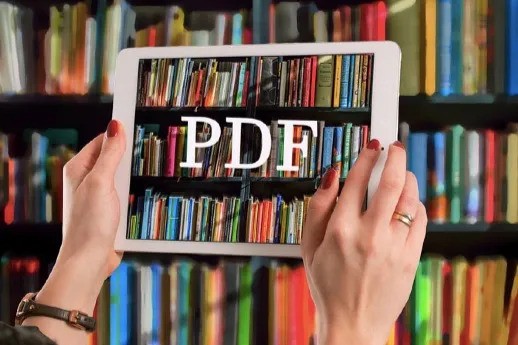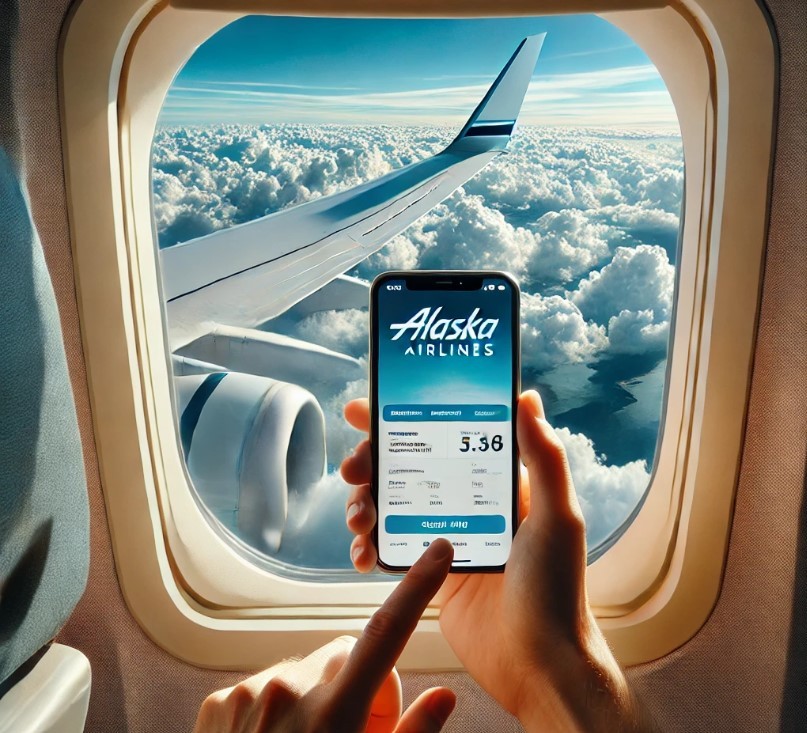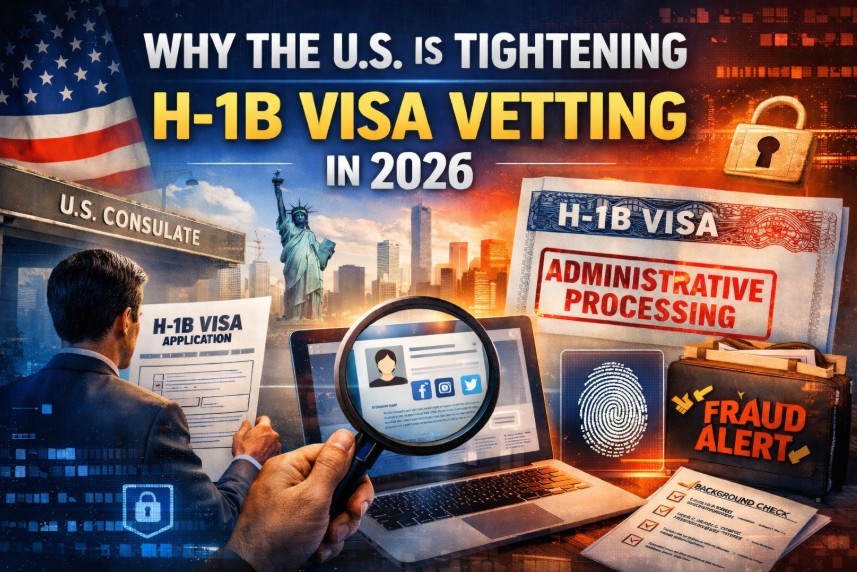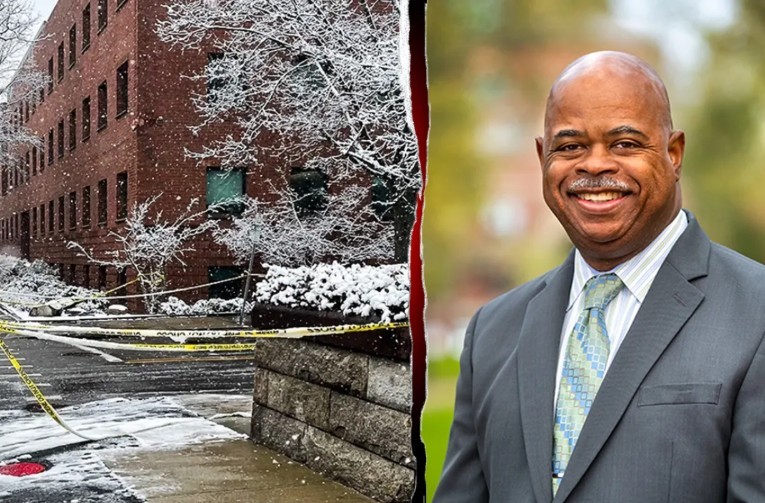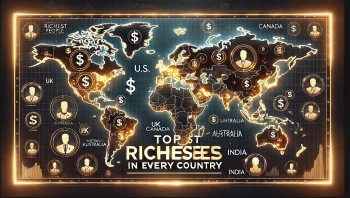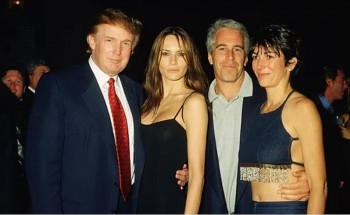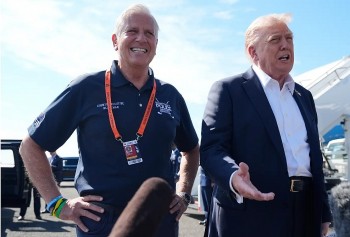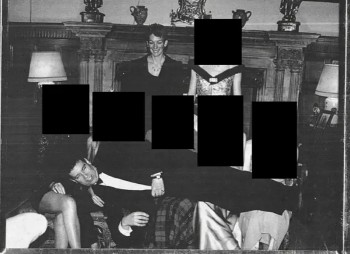What is Victory Day in Russia? History, Significance, Celebrations, and Differences from V-E Day
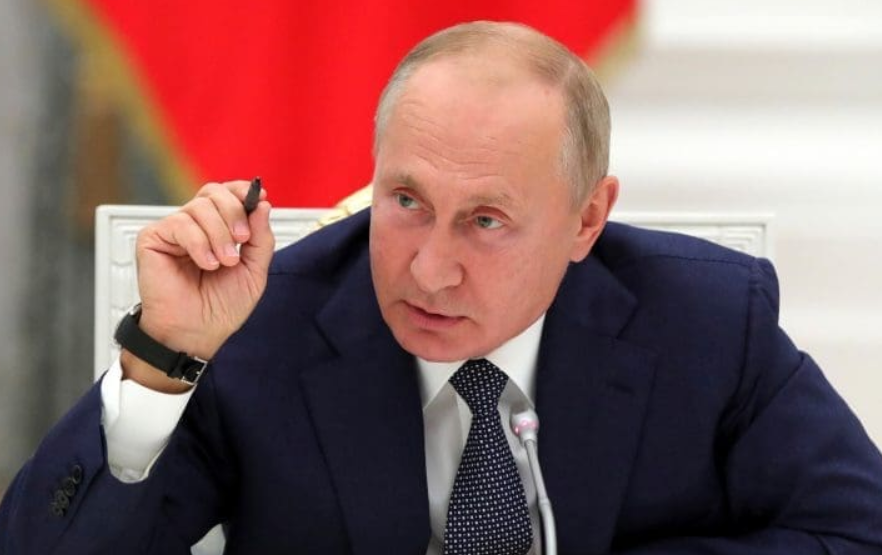 2025 Astrological Predictions for President Putin Under Libra 2025 Astrological Predictions for President Putin Under Libra |
 Inside Putin's Nuclear Briefcase (Cheget) and the Secrets of Russia’s Nuclear Arsenal Inside Putin's Nuclear Briefcase (Cheget) and the Secrets of Russia’s Nuclear Arsenal |
 |
| Parade Russia Shows off Military Hardware in Red Square |
With millions of casualties, profound emotional weight, and complex political symbolism, Victory Day is more than just a commemoration — it’s a powerful expression of national identity, pride, and historical memory.
While Western countries mark Victory in Europe Day (V-E Day) on May 8, Russia’s Victory Day on May 9 has become the most important non-religious holiday in the country — a public event filled with parades, remembrance, and increasing political messaging.
This article explores the history, meaning, traditions, modern impact, and how Russia’s Victory Day differs from V-E Day.
When is Victory Day in Russia?
Victory Day is celebrated annually on May 9 across Russia and many former Soviet republics, including Belarus, Kazakhstan, Armenia, and others.
-
May 9, 1945: The official date when Nazi Germany’s surrender to the Soviet Union took effect in Moscow time.
-
While the Western Allies recognize May 8 as the end of WWII in Europe, due to time zone differences and political tensions, the USSR declared victory on May 9 — and that remains the observance date in Russia to this day.
Victory Day vs. V-E Day: What’s the Difference?
| Aspect | Victory Day (Russia) | Victory in Europe Day (West) |
|---|---|---|
| Date | May 9 | May 8 |
| Location of Surrender | Berlin, USSR-controlled | Reims, France |
| Time Zone | Surrender signed after midnight Moscow time | Effective May 8 in Western Europe |
| Tone & Scale | Large-scale parades, national holiday | Memorial-focused, subdued |
| Political Use | Emphasizes patriotism, military might | Emphasizes peace, remembrance |
While V-E Day in the UK and US focuses on remembrance and peace, Victory Day in Russia serves as a major state holiday that blends history with national strength.
Read more: What is Victory in Europe Day (VE Day)? Date, History, Significance, and How It’s Commemorated
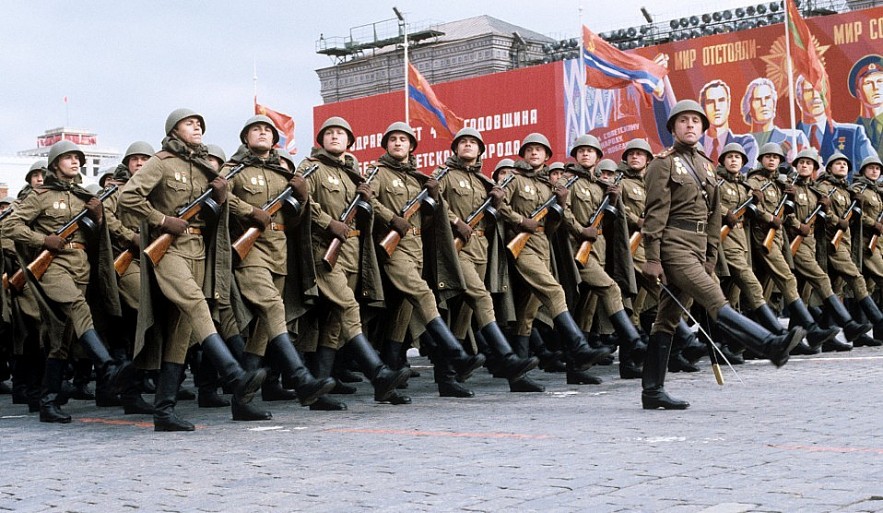 |
| Russia 2025 Victory Parade |
Why Is Victory Day So Significant in Russia?
1. Immense Human Loss
The Soviet Union suffered an estimated 27 million deaths during World War II — more than any other nation. This figure includes:
-
Over 11 million military personnel
-
Around 16 million civilians, many killed in sieges (like Leningrad), massacres, forced labor, and famine
These staggering numbers created a collective trauma that still defines Russia’s national consciousness. Every family has a war story. Every town has a memorial.
2. National Identity and Historical Memory
Victory Day isn’t just about history — it is central to modern Russian patriotism. It symbolizes:
-
Resilience and sacrifice
-
Heroism of the Red Army
-
Unity in the face of adversity
-
A historical moment of global prestige for the USSR, especially as the liberator of Eastern Europe and conqueror of Berlin
In modern Russia, Victory Day functions as both a reminder of past sacrifice and a tool for present-day political unity.
The Origins of Victory Day: Why Russia Celebrates on May 9
The Dual Surrender
-
On May 7, 1945, Nazi Germany signed an initial surrender in Reims, France, recognized by the US and UK.
-
Stalin, outraged that the ceremony took place in the West, demanded a second, more symbolic surrender in Berlin.
-
The Berlin surrender was signed late at night on May 8, but due to time differences, it was already early May 9 in Moscow.
Thus, while the West observes V-E Day on May 8, the USSR (and Russia today) marks the event on May 9 — a date steeped in Soviet victory and sovereignty.
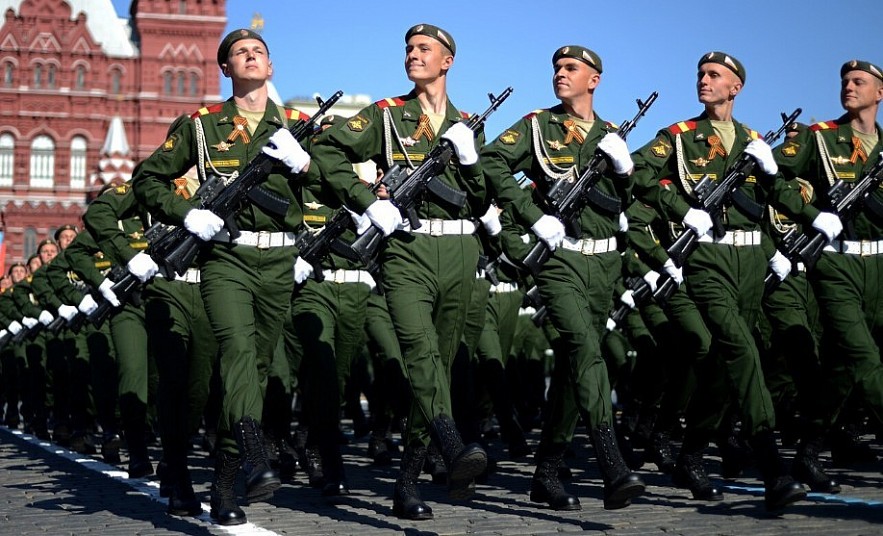 |
| Russia's victory day parade |
How Is Victory Day Celebrated in Russia?
Victory Day in Russia is a multi-layered celebration, blending official state ceremonies, military displays, and personal tributes.
1. The Military Parade on Red Square
-
The highlight is the massive parade in Moscow’s Red Square, featuring:
-
Troops in formation
-
Armored vehicles and missile systems
-
Flyovers by military aircraft
-
-
Since 2000, under President Vladimir Putin, the parade has grown into a show of military might, symbolizing both historical legacy and current strength.
2. Presidential Address
-
The Russian President delivers a televised speech, often emphasizing:
-
The importance of national unity
-
The heroism of WWII veterans
-
Russia’s role in defeating fascism
-
-
In recent years, these speeches have included implicit or explicit political messages related to current conflicts.
3. The Immortal Regiment
-
A powerful grassroots movement that began in 2012.
-
Citizens march holding photos of relatives who fought or died during the war.
-
Millions participate annually across Russia and abroad — turning remembrance into a living testimony.
4. Fireworks, Concerts, and Public Celebrations
-
Cities light up the sky with fireworks at night.
-
Public concerts, especially with patriotic and wartime music, are held nationwide.
-
Veterans are honored in communities, schools, and media coverage.
How Has Victory Day Evolved Over Time?
Under Stalin (1945–1950s)
-
A grand celebration was held in 1945, but Victory Day was downgraded soon after.
-
Stalin focused on rebuilding and avoided turning WWII into a recurring celebration.
Brezhnev Era (1965–1980s)
-
In 1965, for the 20th anniversary, Victory Day was revived as a national holiday.
-
Military parades and large-scale commemorations became institutionalized in Soviet tradition.
Post-Soviet Russia
-
After the collapse of the USSR in 1991, Victory Day continued to be observed.
-
Boris Yeltsin restored the Red Square parade in 1995 (50th anniversary).
-
Under Putin, Victory Day has become increasingly politicized and militarized, used to reinforce national pride and geopolitical narratives.
Conclusion
Victory Day in Russia is not just about commemorating the end of World War II — it’s about remembering sacrifice, honoring resilience, and reinforcing national pride. While rooted in history, it plays a vital role in modern Russian identity, political messaging, and collective memory.
With a blend of deep personal emotion, state power, and historical reverence, Victory Day on May 9 stands apart from Western-style remembrance, offering a uniquely Russian perspective on the most consequential war of the 20th century.
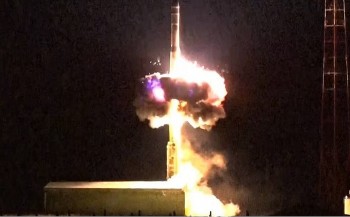 The 10 Most Devastating ICBMs on the Planet: From Sarmat to Minuteman The 10 Most Devastating ICBMs on the Planet: From Sarmat to Minuteman Chinese media outlets have conducted a poll and compiled a ranking of the top 10 intercontinental ballistic missiles (ICBMs) currently regarded as the most powerful ... |
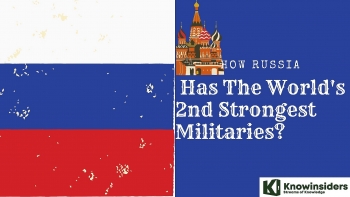 Top Secrets of the Russian Army – Inside the World’s 2nd Most Powerful Military Top Secrets of the Russian Army – Inside the World’s 2nd Most Powerful Military Russia holds the 2nd position out of 140 nations in the annual Global Firepower Index (GFP) ranking. In this article, we’ll explore the rich history ... |
 Top 10 Richest People in Russia 2025: Profiles, Family, Net Worth, and Business Empires Top 10 Richest People in Russia 2025: Profiles, Family, Net Worth, and Business Empires Discover the top 10 richest people in Russia in 2025, their net worth, business empires, and how they built massive fortunes despite global sanctions and ... |

